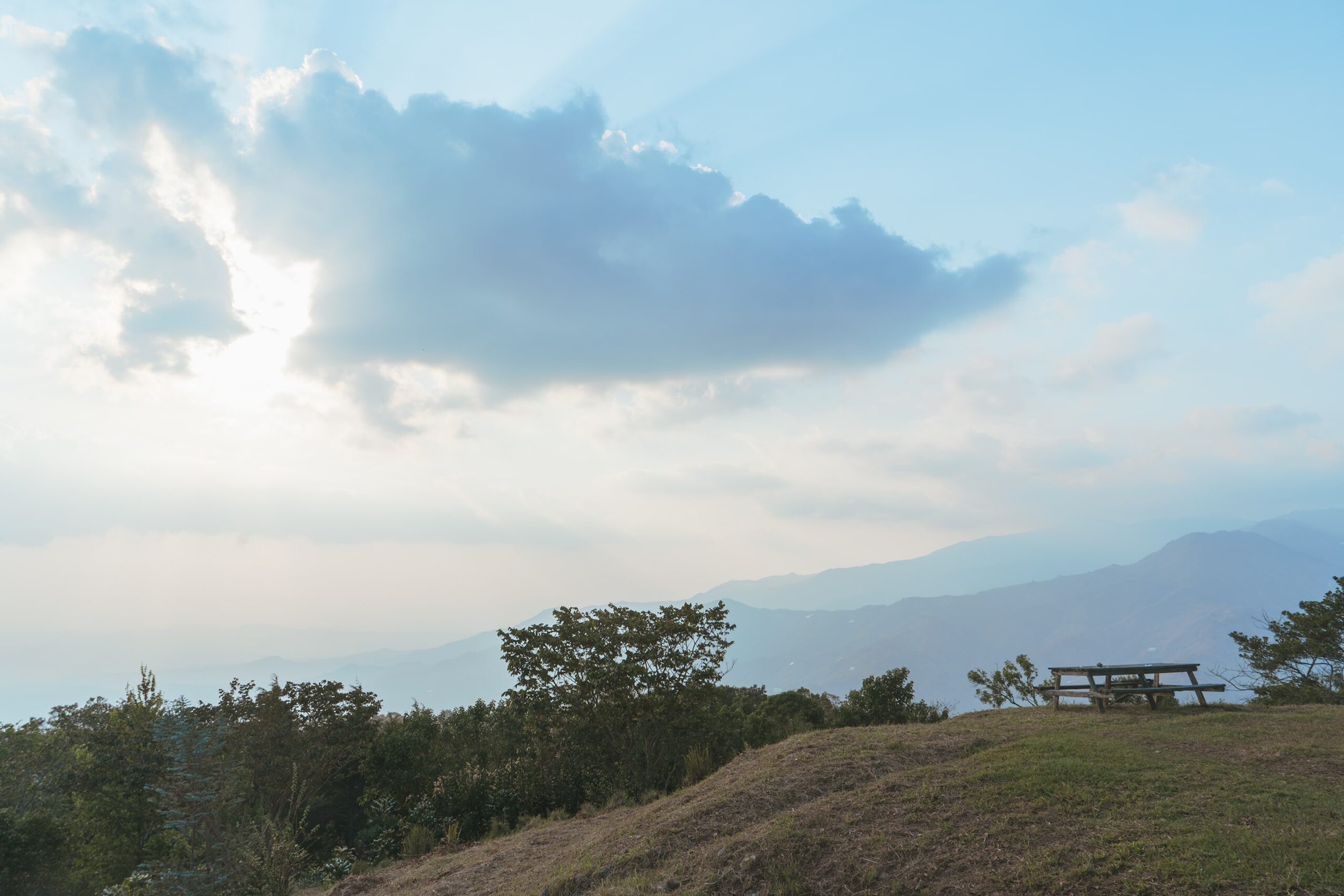
El Salvador

El Salvador as a country
El Salvador is the smallest country in size among the seven countries in Central America. The area of El Salvador is said to be about half of the Kyushu region in Japan. It is located between Guatemala and Honduras and is dotted with volcanoes and lakes with beaches that are famous as surfing spots. It hasn’t had abundant natural resources so its main industry is agriculture producing mainly sugar cane and coffee. The country hasn’t been self-sufficient in food production, relying on imports such as grains from other countries. Most of the natural forests have been lost in El Salvador. About 80% of the forests have been re-planted. Many Salvadorans go to the United States to work and support their families with remittances from the United States. Although El Salvador is said to be a relatively pro-American country among those in Central America with English education prevalent and the U.S. dollar used as a currency for most parts of the country, this also means that El Salvador has to depend on major powers for the weakness in its economy.


Along with its long history of civil war, El Salvador has been hit by a series of natural disasters that included a hurricane in 1998 and two major earthquakes in 2001. These disasters not only caused direct damage to the people but also deteriorated the public order. In order to escape civil war and natural disasters, many Salvadorans went to the U.S., but many of them immigrated illegally and were deported back to El Salvador. Some of the people brought back the gang culture of Los Angeles and gang groups Maras were formed in El Salvador. The public order in El Salvador continued to deteriorate and at one point the country had the highest murder rate in the world.
President Nayib Bukele has been the one who changed this situation dramatically. He introduced a series of policies that resulted in the murder rate being cut in half in one year. Not only that, but he also implemented a bold policy of adopting Bitcoin as legal tender for the first time anywhere in the world. In a country where 20% of the GDP comes from remittances from the U.S. and 70% of the population does not have a bank account, this policy will have a huge impact on the economy. This news gave me a little hope that El Salvador may be able to turn things around with the perspectives of the millennials and technology.

You may feel afraid when you hear El Salvador once had the highest murder rate in the world, but in reality El Salvador has a laid-back atmosphere. We drove from the capital San Salvador to Santa Ana, the second-largest city in El Salvador, where the central area of the city is lined with American chain stores such as Starbucks and Burger King. Once you pass that area, the scenery switched to countryside. The curator Alejandro said to us, ‘It’s only certain areas that are dangerous. Every country should have such areas.’


Coffee Production in El Salvador
Coffee has been a major source of the rise and fall of El Salvador since the 1880s. Coffee replaced indigo as the main crop from in the 1880s but the Great Depression in the 1930s caused the price of coffee to fall, and the discontent of poverty-stricken farmers exploded as a large-scale peasant uprising La Matanza. It is said that 10,000 to 40,000 people lost their lives in La Matanza. Coffee production declined afterward, but European immigrants revived coffee production starting in the 1970s and became the oligarchic ruling class called Catorce Familias, also known as Fourteen Families. They gained great wealth from coffee production and controlled most of the farmland by turning small-scale producers in rural areas into laborers. The discontent among farmers later triggered the civil war in El Salvador. The civil war, which was fought between the leftists who were consisted of many clergymen and the rightists who were funded by Catorce Familias, continued for more than ten years until a peace agreement was reached by the United Nations in 1992.
The scars of the civil war are deep in El Salvador with the natural disasters following it and with El Salvador’s coffee production continuing to decline. According to a report released by World Coffee Research in 2019, El Salvador is one of the countries whose coffee production continues to decline and may soon disappear.

El Salvador’s coffee, however, has an irreplaceable and unique appeal in the coffee industry. Because the country remained closed due to the civil war, many pure varieties such as Bourbon are still grown in El Salvador. Not only that, but the Pacamara variety, a cross between the Pacas and Maragogipe varieties that gives great flavor and texture, was created by the Salvadoran Institute for Coffee Research (ISIC). The natural environment, which once boasted the fourth largest production area in the world, along with the diligence and perseverance of the people, who have been called “the Japan of Central America,” add to the great potential of a coffee production region.
We have formed a partnership with Alejandro, a community leader who once had to go through a history of oppression but now works closely with small-scale producers. We are trying to create a new commercial flow of coffee production for El Salvador. We strongly believe that this will have a positive impact on the future of El Salvador.
Written by Ayane Yamada